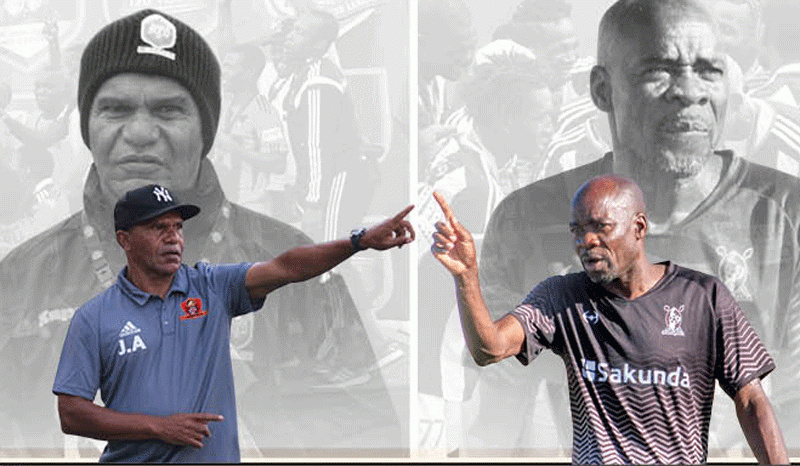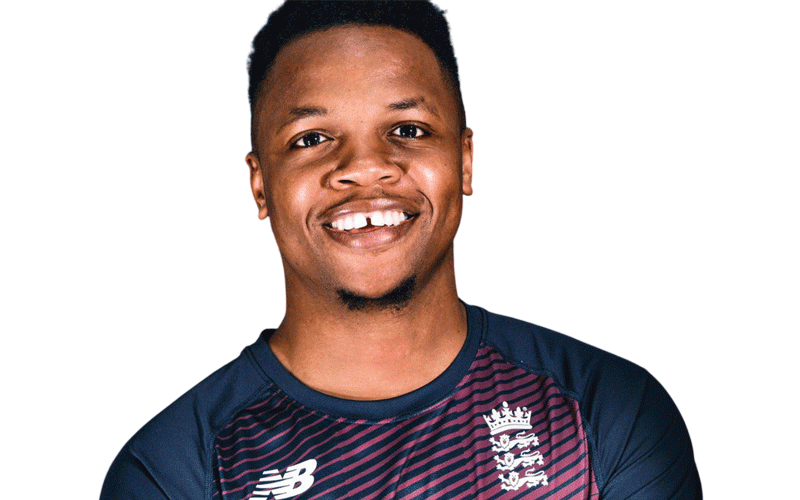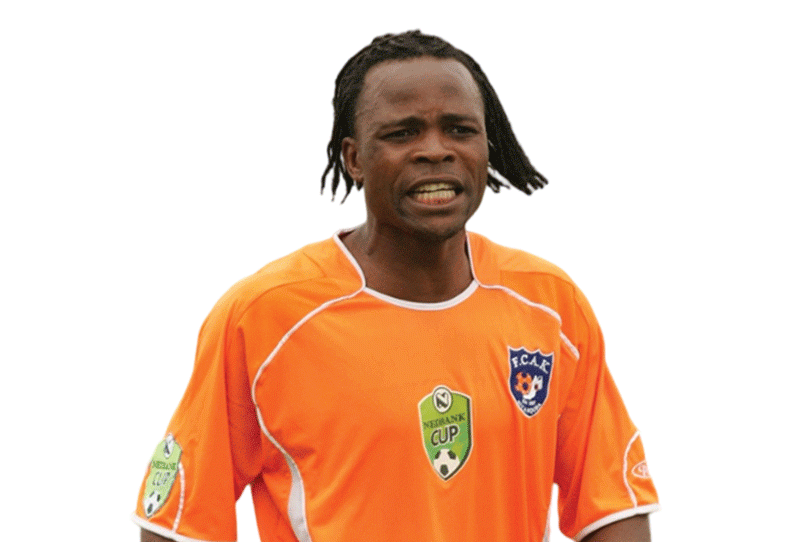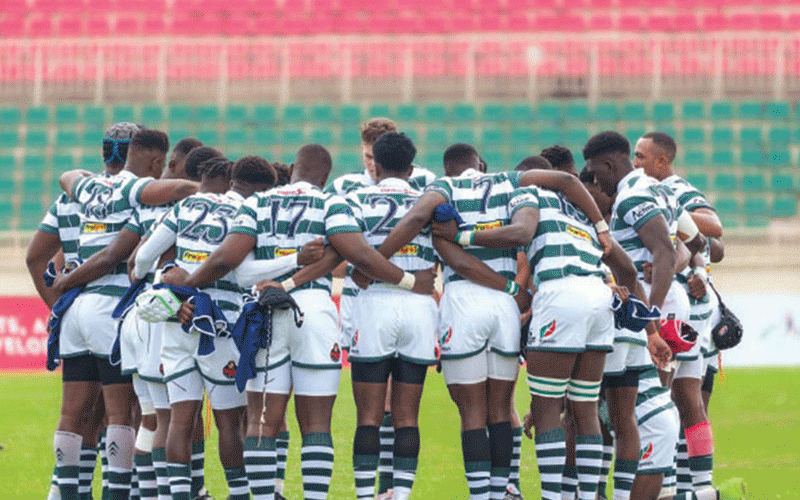
ZIMBABWE’S 2008 sports year was a mixture of tragedy and near-triumph, of the remarkably good and the horrendously bad.
The football year is better-forgotten; the lowest point of a sports calendar that saw many lows, including the failure to qualify for both the World Cup finals and African Nations Cup in 2010, the hiring of an out-of-sorts coach and his departure not so long ago.
The hype that had surrounded the prospects of the first World Cup to glow beneath an African sun, in neighbouring South Africa, made Zimbabwe’s failure much more devastating. The campaign lacked direction from the start as a team stuffed with players past their peak produced one lifeless performance after another.
The situation was worsened by the Zimbabwe Football Association (Zifa)’s obsession with perception at the expense of core issues such as player remuneration and proper preparations, which led to the strike before the home match with Guinea. But then the players did not prove that they were rebels with a cause.
The other worrying factor was the lack of real talent in the side. This was highlighted by the widespread calls for the re-calling of Peter Ndlovu, who at 35, is in the twilight of his career at South African club Thanda Royals.
With all due respect, captain Benjani Mwaruwari is a good player. That he is still able to hold a first team place at star-studded Manchester City in the UK premiership, quite contrary to early assertions in this paper, is sufficient testimony of his ability.
But the reason some fans still yearned for Ndlovu is simple: he exhibited immense natural talent, sound leadership, a willingness to compete, courage and, possibly the most important quality, the ability to assume responsibility and change matches through his own individual efforts.
- Chamisa under fire over US$120K donation
- Mavhunga puts DeMbare into Chibuku quarterfinals
- Pension funds bet on Cabora Bassa oilfields
- Councils defy govt fire tender directive
Keep Reading
Quite a few young players were touted as new Peter Ndlovus in the past years, the latest being Evans Gwekwerere, the short-lived Dynamos sensation. But the tag proved too heavy for all of them and they were not able to take their talents to the projected dizzy heights.
Deprived of a success story, the recent qualification by the Warriors for the newly-formed African Nations Championships was greeted with glee by the local media, reflecting just how desperate the football fraternity is for some kind of success.
The tournament is a noble idea by the Confederation of African Football, seeking as it does to promote competition among locally-based players.
But it has not been embraced by the leading nations on the continent and that South Africa chose to field Development XI in the qualifier against Zimbabwe suggests the top nations are simply not interested.
The cream of their players still plying their trade in the country were not considered for the qualifiers against Zimbabwe, preferring mostly players from the second-tier Mvela Golden League.
The Warriors used their top Zimbabwe-based players. Instead of celebrating the routine victory over South Africa, stakeholders should be analyzing performance and potential and see if there is something in it for future.
The national Under 17 side’s qualification to next year’s African Youth Championships at the expense of Angola is, at least, something to write home about.
The Young Warriors, assuming birth dates are not dubious, showed immense talent and a football brain and technique which if nurturedwell, will see Zimbabwe staking a claim for a place among the continent’s elite in the future.
On the international club scene, Dynamos confounded all expectations to reach the semi-finals of the African Champions League, on the way brushing aside continental heavies such as Etoile du Sahel, Zamalek and Asec Mimosas. It was a fairytale run least expected by even their staunchest of supporters.
Dynamos’ exploits were viewed as tonic to the national side’s dismal showing, but at the end of it, the 5-0 aggregate defeat at the hands of Cotonsport of Cameroon in the semis was a crash-landing for the Glamour Boys.
The cricket team too did not suggest any signs of improvement, being whitewashed in the only two ODIs series they played in the year.
They began with a tour of Pakistan in February where all five ODIs were comprehensively lost. Few players stood out with individual performances.
Inaction has been cited as one of for the reasons’ for the team’s poor record. The situation was worsened by Cricket South Africa’s decision to cut bilateral ties with the Zimbabwe board in response to the country’s widely disputed presidential run-off poll in June.
It meant Zimbabwe were deprived of competition in the MTN domestic championship, and there was also possibility that this season they could have been allowed to play in the first-class SuperSport series.
The team’s next engagement came in a Twenty20 four-nation tournament in Canada in October where their two victories came against the hosts, who are relative minnows. Sri Lanka and Pakistan were the other participants.
The whistlestop tour in Kenya that followed turned to be a huge farce due to bad weather. Zimbabwe, Ireland and Kenya contested the tri-series. Zimbabwe thumped the Irish and lost by 95 runs to Kenya in the only possible matches for the Zimbabweans.
The Kenya defeat was particularly worrying because the country’s is under International Cricket Council scrutiny to assess their readiness for a return to Test cricket.
The ICC sent a task force team in November as part of the assessment process, which coincided with the Sri Lanka visit. The team, led by Julian Hunte, the West Indies Cricket Board chairman, met with stakeholders, journalists and also toured facilities.
They had an opportunity to assess performances on the field too as the Sri Lankans romped to a 5-0 rout of the locals. There were matches the Zimbabweans would have bagged but the ability to kill off matches is still illusive.
The batting continue to be the team’s Achilles Heel, despite some commendable partnerships such as Keith Dabengwa and Prosper Utseya’s record breaking 72-run stand for the seventh wicket in the final ODI.
The bowling was better but still lacks depth. The team relied far too heavily on Tawanda Mupariwa, who should be more effective playing the role of back-up. His record, the fastest Zimbabwean bowler to 50 ODI wickets, coming from just 28 matches, is much the more remarkable considering that it was previously held by Eddo Brandes, of the world’s famous amateur cricketers.
The instability in the coaching department also had a telling effect. Robin Brown replaced Kevin Curran late last year, and Walter Chawaguta took over in August. Chawaguta himself looks set to be replaced.Â
Team sports’ knight in the shining armour was the Zimbabwe Sevens team, which qualified for next year’s Sevens World Cup in Dubai. In performances pregnant with defence, skill and pace, they also won the Castle Lager Lusaka International Sevens in Zambia in June, proving far too superior against South Africa’s leading provinces and other national sides. No team showed better commitment, professionalism and world-class attributes than the Cheetahs this year.
This month they also played in the first legs of the IRB World Sevens Series in Dubai and George, South Africa. They won the Shield Trophy in George, beating Scotland in the final.
The XVs national side could not match their Sevens counteparts’ feat. They are out of contention of the 2011 World Cup after playing just one game, which they lost to Namibia in Windhoek. Senegal refused to come to Zimbabwe on baseless security concerns. Yet again, Zimbabwe suffered the full brunt of Confederation of African Rugby’s bias.
Kirsty CoventryHer four medals, a gold and three silvers at the Beijing Olympics makes her one of the finest Zimbabweans sportspersons of all time, right up there with no less a legend than Nick Price. Without question Coventry was Zimbabwe’s best of the year.
Cara BlackShe has been consistent and remains one of the country’s best international performers. She won the Australia Open in January with American partner Liezel Huber.
Dzingai, MakushaBrian Dzingai qualified for the 200m finals at the Beijing Olympics and came a respectable fourth, while Ngoni Makusha came just 0,21 m short of a the bronze medal in the long-jump. At 22, the US-based versatile athlete should be one of the country’s medal hopefuls in London in 2012.Â
BY ENOCK MUCHINJO











